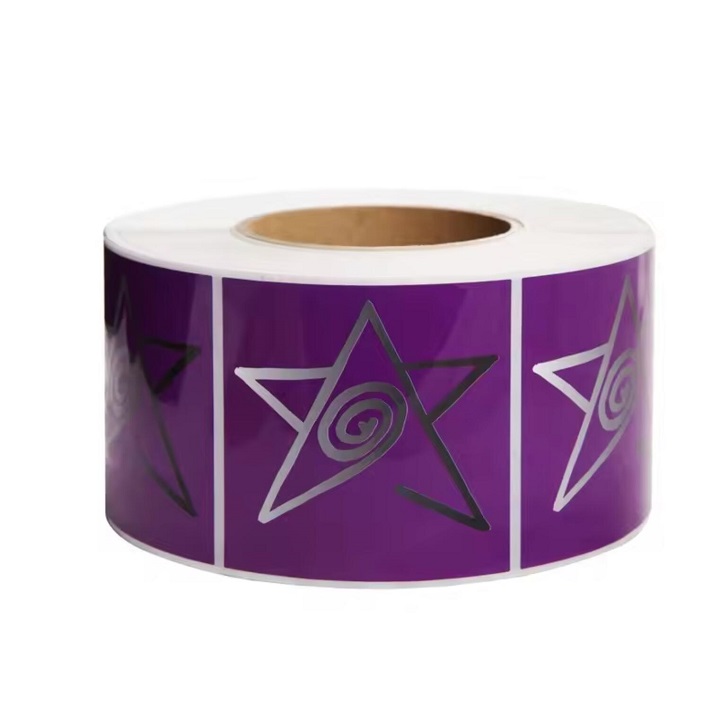Content Menu
● Understanding the Montessori Philosophy
● What Are Montessori Flash Cards?
● Why Montessori Flash Cards Remain Relevant in Today’s Classrooms
>> 1. Promoting Visual and Auditory Learning
>> 2. Reinforcing Memory and Cognitive Skills
>> 3. Encouraging Independent Exploration
>> 4. Supporting Multi-Sensory and Kinesthetic Development
>> 5. Enhancing Focus and Order
● Types and Themes of Montessori Flash Cards
>> Language and Phonics
>> Mathematics and Numeracy
>> Nature and Science
>> Geography and Culture
>> Practical Life and Emotions
● The XingKun Advantage: Custom-Made Montessori Flash Cards
>> 1. Tailored Design and Theme Flexibility
>> 2. High-Quality Materials and Durability
>> 3. Eco-Conscious Manufacturing
>> 4. Professional Artwork and Real-Life Imagery
>> 5. Multilingual and Cultural Adaptation
>> 6. Branding Support for Schools and Institutions
● Using Montessori Flash Cards Effectively
>> Interactive Matching Games
>> Categorization Exercises
>> Sequencing Activities
>> Pronunciation and Repetition
>> Role Play and Storytelling
● The Psychological Benefits of Montessori Flash Cards
● How Schools and Parents Benefit from Custom Montessori Flash Cards by XingKun
>> For Schools and Educational Institutions
>> For Parents and Homeschoolers
● Frequently Asked Questions (FAQ) About Montessori Flash Cards
>> 1. What makes Montessori flash cards different from regular flash cards?
>> 2. At what age can children start using Montessori flash cards?
>> 3. How do XingKun custom flash cards support bilingual education?
>> 4. Are XingKun Montessori flash cards safe for young children?
>> 5. Can I order small quantities for home learning?
In the ever-evolving landscape of early childhood education, parents and educators constantly seek effective, engaging, and developmentally appropriate teaching tools. Among the most respected educational methods worldwide, the Montessori approach continues to stand out for its child-centered philosophy, focus on independence, and emphasis on experiential learning. One tool that embodies these principles perfectly is the Montessori flash card — a simple yet powerful resource that enhances how young minds absorb, retain, and connect knowledge.
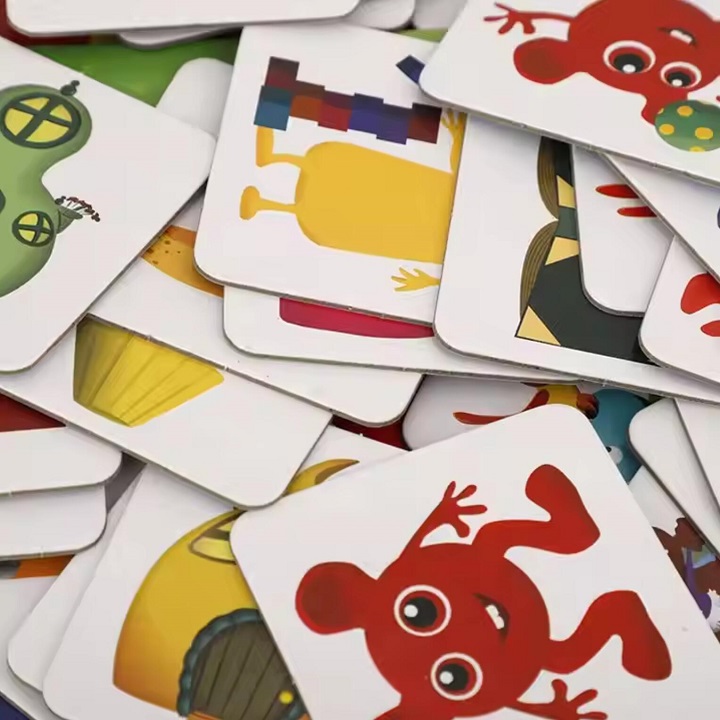
Understanding the Montessori Philosophy
The Montessori method, founded by Dr. Maria Montessori, rests on the belief that children learn best when they explore and discover through active participation. Instead of rote memorization, learning is guided by sensory experience and self-correction. Montessori classrooms typically feature hands-on materials designed to promote autonomy, focus, and a love for learning.
Flash cards fit seamlessly into this educational model because they allow repetition, visual association, and independent learning. Unlike standard educational cards, Montessori flash cards follow a structured design that emphasizes clarity, simplicity, and meaningful content. Each card supports one concept at a time—whether that is a letter, number, shape, color, animal, part of the body, or element in nature.
What Are Montessori Flash Cards?
Montessori flash cards are educational tools designed according to Montessori principles, featuring minimalistic layouts, real-life imagery, and clear typography. They are crafted to cultivate recognition, association, and cognitive development. Each set typically focuses on a specific learning theme, such as:
Language learning (letters, phonics, vocabulary)
Mathematics (numbers, quantities, operations)
Science and nature (plants, animals, earth materials)
Geography and culture
Practical life and daily routines
A defining feature of Montessori flash cards is their use of realistic pictures instead of cartoon illustrations. This helps children connect symbols to actual objects and environments, reinforcing concrete thinking before abstract reasoning develops.
Why Montessori Flash Cards Remain Relevant in Today’s Classrooms
Even as digital learning tools proliferate, Montessori flash cards demonstrate enduring value. Their tactile quality offers sensory feedback that screens cannot replicate. Handling physical materials helps children strengthen fine motor coordination, improve concentration, and build confidence.
1. Promoting Visual and Auditory Learning
While some children are auditory learners, others absorb information visually. Montessori flash cards bridge both types by enabling interactive engagement—children can see the image, pronounce the word, and associate meaning through repetition. For vocabulary development, parents or teachers can pronounce the word while the child identifies or matches the corresponding image card.
2. Reinforcing Memory and Cognitive Skills
Repetition strengthens neural connections. By using Montessori flash cards regularly, children develop stronger recall ability. Memory games, sorting exercises, and category association activities all encourage them to process information on multiple levels, deepening comprehension and retention.
3. Encouraging Independent Exploration
Freedom within limits defines Montessori learning. Flash cards empower children to practice independently without adult dependency. For example, self-checking flash cards—where the correct answer appears on the reverse—allow learners to test their understanding autonomously, fostering self-confidence and internal motivation.
4. Supporting Multi-Sensory and Kinesthetic Development
Children benefit most from learning experiences that engage multiple senses. Montessori flash cards can pair with sound cues, tactile shapes, or matching objects to create rich, multisensory associations. Combining touch, sight, and sound transforms learning from passive to participatory.
5. Enhancing Focus and Order
The Montessori environment values structure, organization, and calm concentration. Flash cards contribute to these qualities by providing a clear, uncluttered way to study one concept at a time. This supports the development of logical reasoning and the capacity to sustain attention for longer periods.
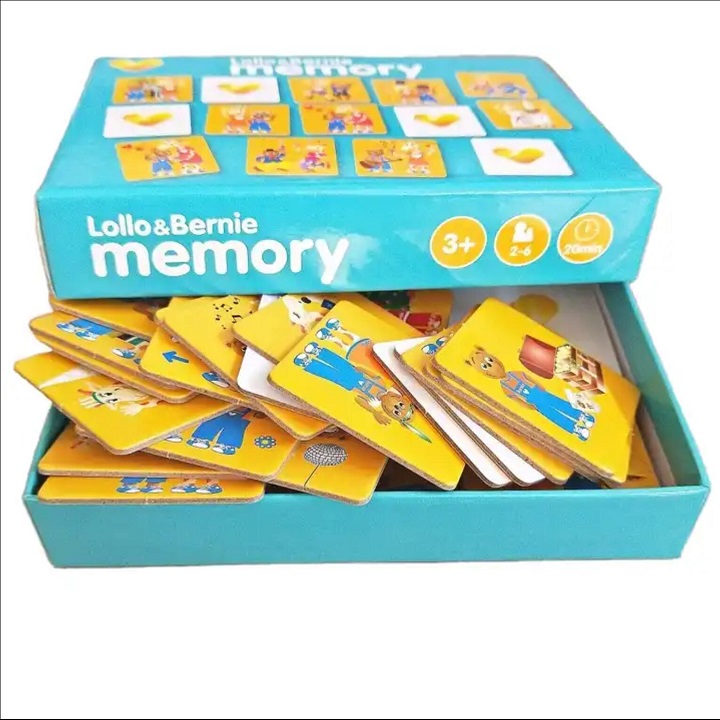
Types and Themes of Montessori Flash Cards
To meet diverse learning goals, Montessori flash cards come in various themes and categories. However, their unifying principle remains simplicity and authenticity.
Language and Phonics
These sets often include alphabet cards paired with phonetic sounds and matching pictures—an apple for “A,” a cat for “C.” Some educators introduce three-part cards: one with the picture, one with the word label, and one with both, which deepens matching and reading practice.
Mathematics and Numeracy
Numerical flash cards introduce basic quantities, counting skills, and arithmetic concepts. Montessori math cards often display a number on one card and the corresponding set of objects on another. Combining these builds foundational understanding of number relationships.
Nature and Science
Nature-themed flash cards connect learners with real-world elements—from animals to minerals. Through naming, classification, and discussion, children develop a sense of curiosity and respect for the natural world.
Geography and Culture
World map cards, landmarks, flags, and cultural scenes teach geography while celebrating diversity. This helps children build global awareness and a sense of belonging to a larger community.
Practical Life and Emotions
Flash cards representing emotions, daily routines, and objects used in everyday tasks encourage emotional intelligence and practical communication skills.
The XingKun Advantage: Custom-Made Montessori Flash Cards
Educational institutions and parents increasingly prefer customized Montessori materials that reflect their teaching style, cultural background, or brand identity. XingKun specializes in crafting custom Montessori flash cards meticulously aligned with Montessori guidelines while offering unique personalization options.
1. Tailored Design and Theme Flexibility
XingKun provides complete design flexibility—from color schemes and typography to image selection and card size. Whether creating cards for bilingual education, region-specific wildlife, or cultural vocabulary, every design is uniquely assembled to match your curriculum’s values.
2. High-Quality Materials and Durability
Children handle flash cards frequently, making durability essential. XingKun uses premium, eco-friendly materials that ensure longevity. Options include thick cardstock, tear-resistant laminates, rounded corners, and water-resistant finishes, making the cards suitable for classroom and home use.
3. Eco-Conscious Manufacturing
Committed to environmental responsibility, XingKun sources safe, non-toxic, and recyclable materials. Sustainable production practices align perfectly with Montessori ethics, emphasizing harmony between learning and nature.
4. Professional Artwork and Real-Life Imagery
Reinforcing Montessori authenticity, XingKun integrates high-resolution, real-life images that support conceptual accuracy. Custom photo shoots or licensed imagery ensure each card matches educational intent without cartoon distortions.
5. Multilingual and Cultural Adaptation
XingKun’s multilingual printing service enables production in different languages—English, Chinese, Spanish, French, or any local language—supporting global education initiatives. Moreover, regional cultural customization helps children see representations of their own environments, promoting inclusivity.
6. Branding Support for Schools and Institutions
Beyond education, XingKun assists schools, Montessori centers, and publishers in developing branded materials. This includes custom packaging, logos, and layout design, creating both teaching tools and professional presentation assets.
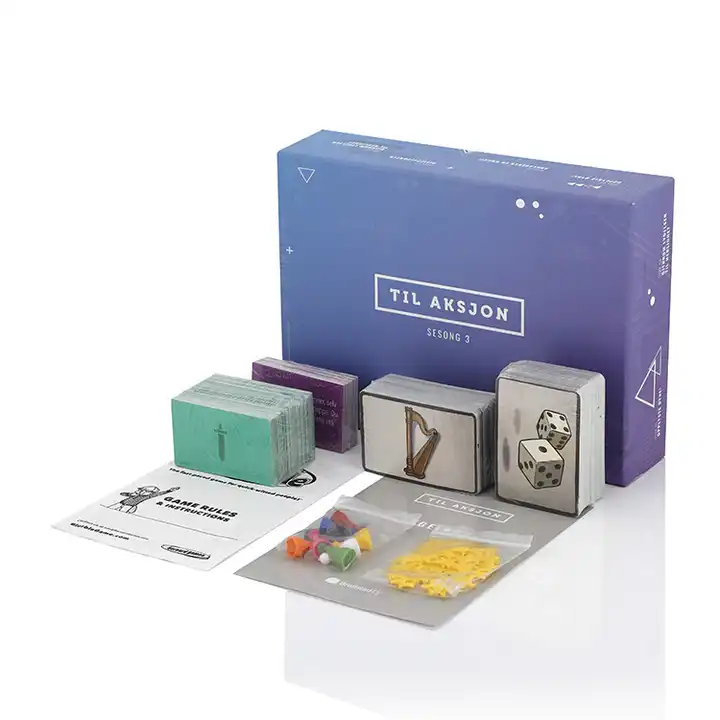
Using Montessori Flash Cards Effectively
Just owning Montessori materials is not enough; how they’re used determines their success. Here are practical strategies for integrating them into learning sessions.
Interactive Matching Games
Present a set of image cards separately from word labels. Ask the child to pair each image with its correct label. This reinforces sight-word recognition and comprehension.
Categorization Exercises
Encourage children to sort cards into groups—such as animals vs. plants, fruits vs. vegetables, or land vs. water creatures. This sharpens observation and classification skills.
Sequencing Activities
Flash cards related to daily routines, life cycles, or stories can teach sequencing. For example, put “planting seeds → watering → sprouting → flowering” in the correct order.
Pronunciation and Repetition
For language learners, flash cards serve as pronunciation aids. Repetition combined with visual association improves language fluency and word memory.
Role Play and Storytelling
Interactive storytelling using flash cards stimulates creativity. Children can pick random cards and weave simple stories linking different concepts together.
The Psychological Benefits of Montessori Flash Cards
Learning research consistently supports Montessori-style education as effective for early cognitive and emotional growth. Flash cards, when used correctly, amplify key psychological advantages.
Self-Paced Learning: Without pressure, children repeat or advance at their own comfort level.
Intrinsic Motivation: Mastery becomes satisfying in itself, reducing dependency on external rewards.
Error Correction: Montessori cards often allow self-checking, encouraging problem-solving habits.
Sensory Association: Combining sight, touch, and sound enhances comprehension across learning domains.
Confidence Building: Successfully matching or recalling from flash cards develops positive reinforcement loops.
How Schools and Parents Benefit from Custom Montessori Flash Cards by XingKun
Both educators and parents prefer tools that simplify preparation and maximize learning outcomes. Partnering with XingKun ensures that every flash card set aligns perfectly with their teaching goals.
For Schools and Educational Institutions
Tailored solutions to match specific curriculum frameworks.
Bulk manufacturing options with consistent quality assurance.
Support in developing bilingual or subject-specific editions.
Branding benefits, helping schools stand out in competitive educational markets.
For Parents and Homeschoolers
Personalized sets that reflect family values, surroundings, or languages.
Long-lasting materials suitable for daily learning games.
Safe, eco-friendly design adapted to children’s age and needs.
Enhanced engagement for home-based supplementary education.
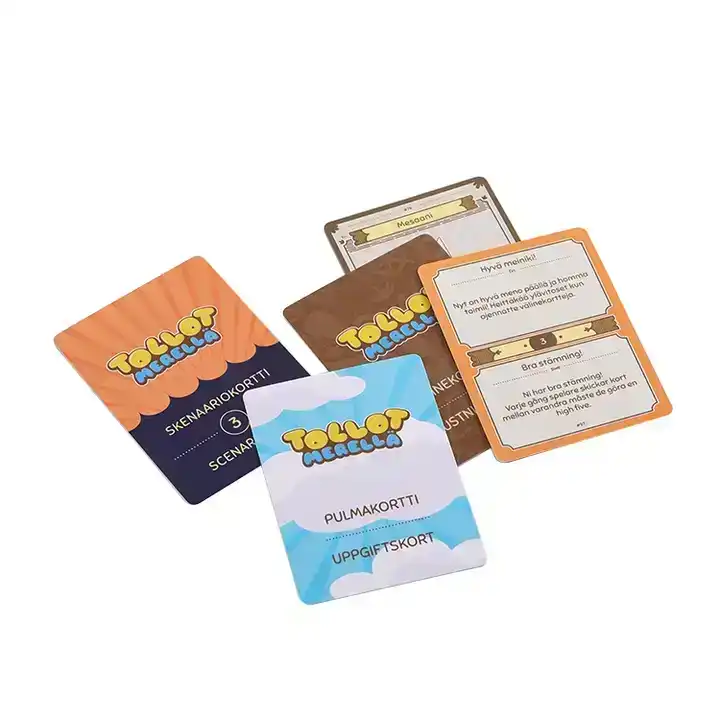
Frequently Asked Questions (FAQ) About Montessori Flash Cards
1. What makes Montessori flash cards different from regular flash cards?
Montessori flash cards feature real images, minimal text, and a structured presentation to promote clear concept learning. They focus on hands-on interaction rather than memorization alone.
2. At what age can children start using Montessori flash cards?
Children as young as 18 months can engage with basic picture or object cards. More advanced cards for reading, math, or geography suit ages 3 and up, depending on development pace.
3. How do XingKun custom flash cards support bilingual education?
XingKun offers dual-language printing, allowing cards to display English on one side and another language on the reverse. This fosters natural immersion without overwhelming learners.
4. Are XingKun Montessori flash cards safe for young children?
Yes. All materials used are non-toxic, eco-friendly, and designed with smooth edges. XingKun ensures compliance with international safety standards for early childhood education resources.
5. Can I order small quantities for home learning?
Absolutely. XingKun supports both bulk and small-scale orders, ensuring parents and individual educators can access professional-quality Montessori flash cards without large minimums.
























